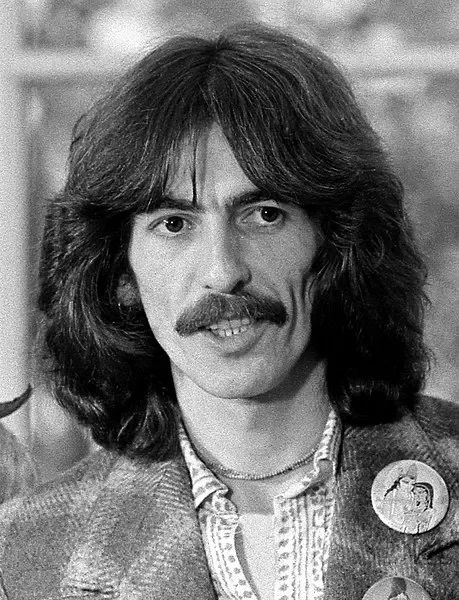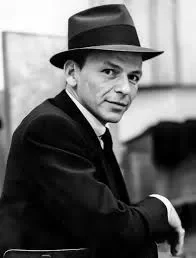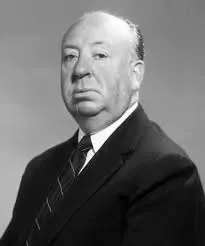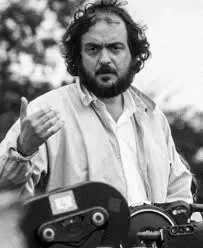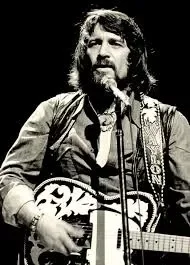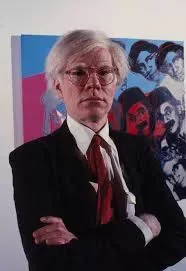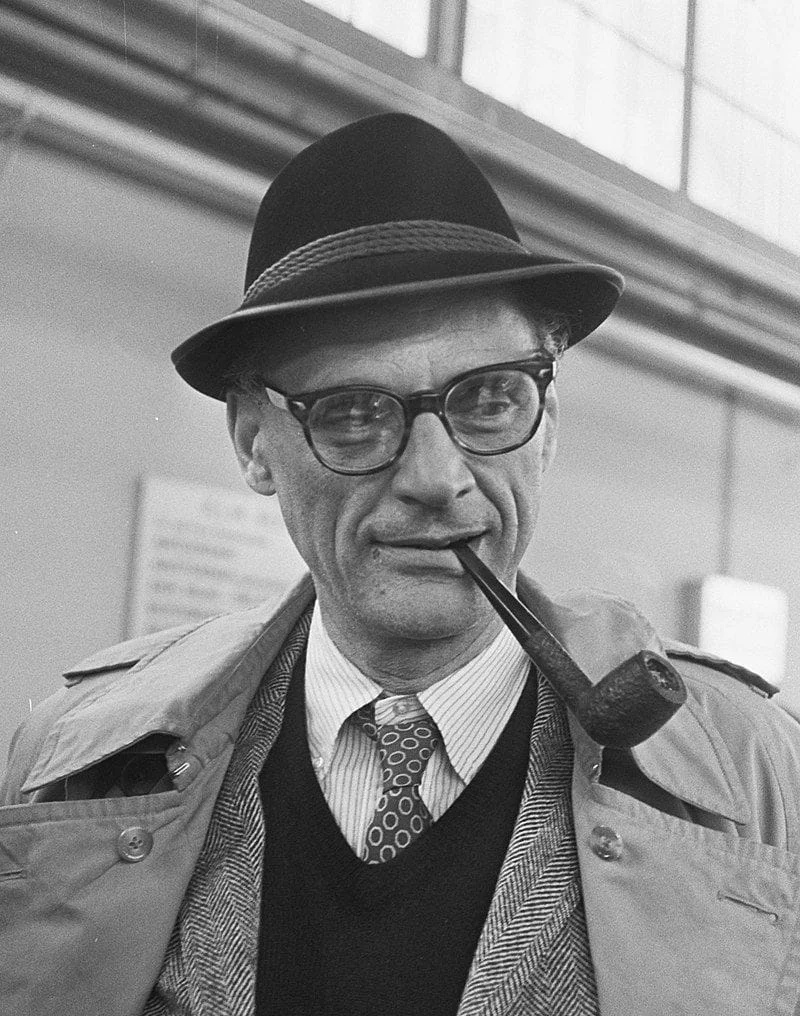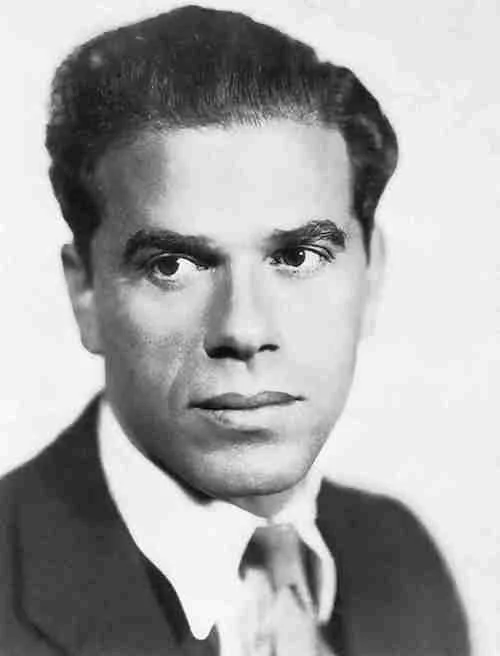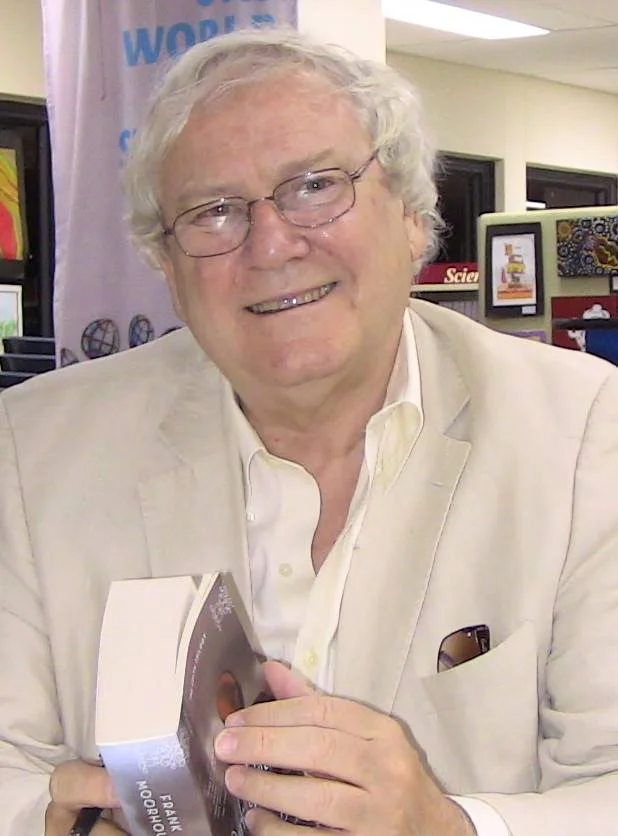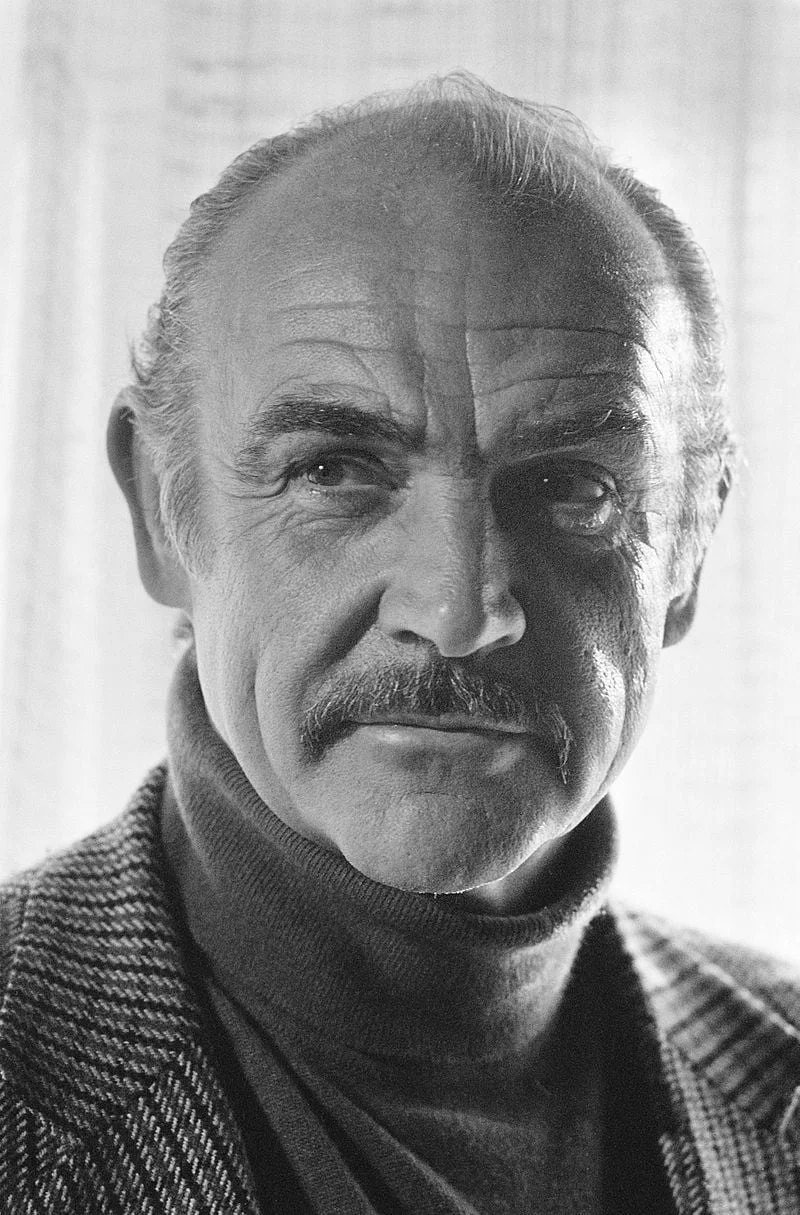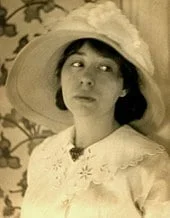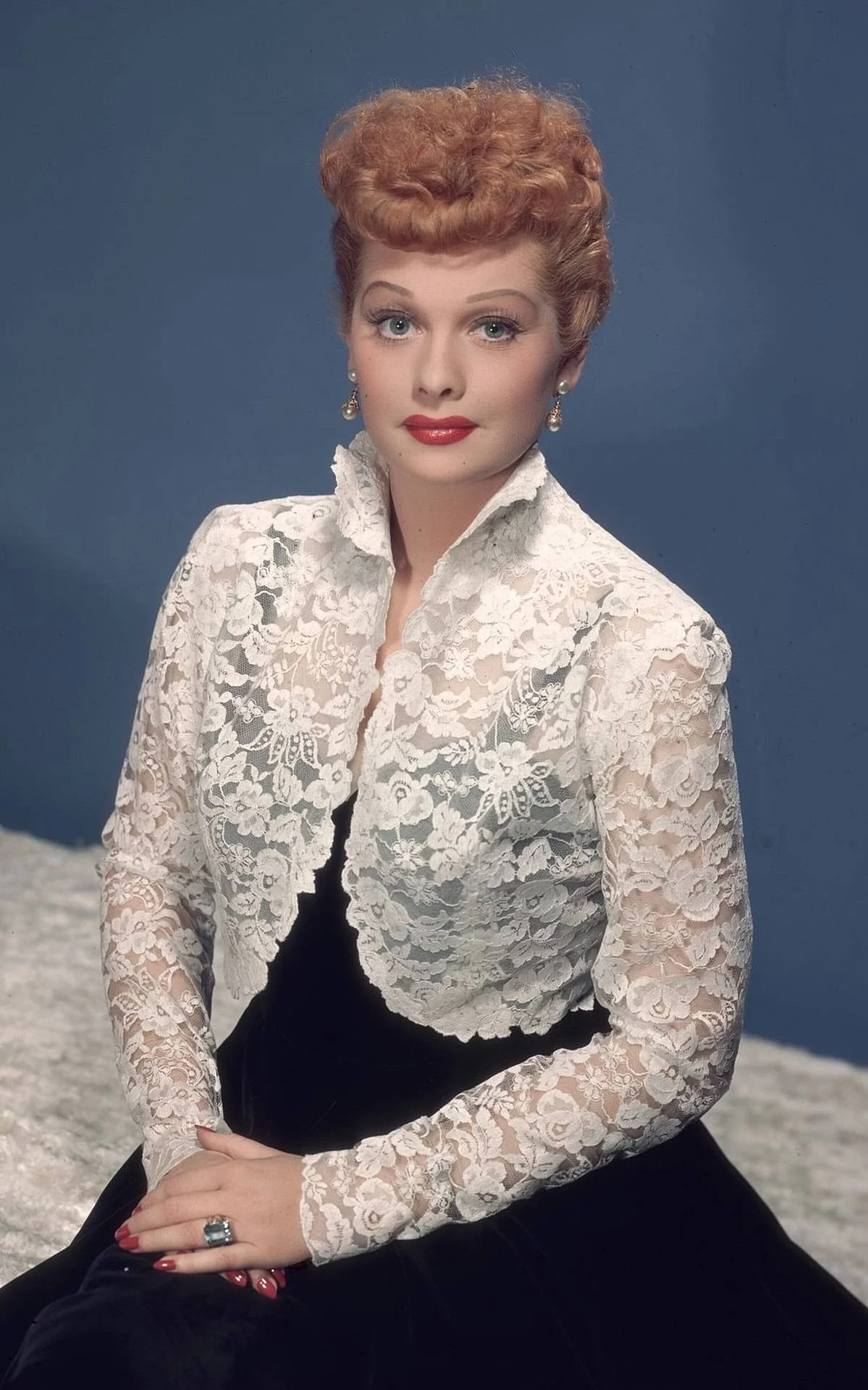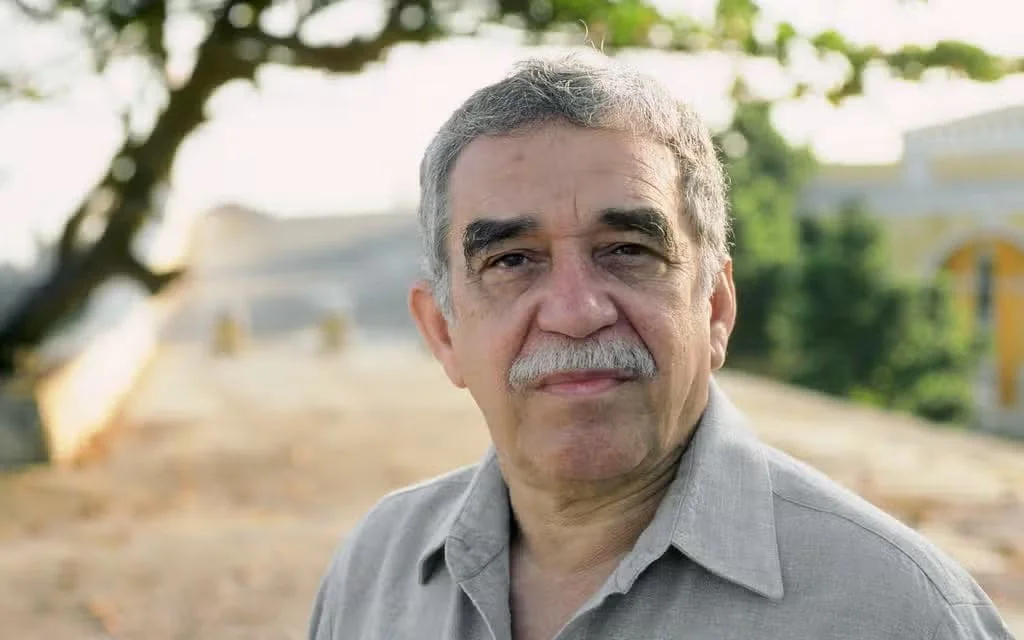Real Celebrities Never Die!
OR
Search For Past Celebrities Whose Birthday You Share

source:wikipedia.org
Akira Kurosawa
Birthday:
23 Mar, 1910
Date of Death:
06 Sep, 1998
Cause of death:
Unknown
Nationality:
Japanese
Famous As:
Editor
Age at the time of death:
88
Akira Kurosawa's Quote's
Introduction to Akira Kurosawa
Akira Kurosawa, a legendary Japanese filmmaker, was born on March 23, 1910, in Tokyo, Japan. He emerged as one of the most influential directors in the history of cinema, leaving an indelible mark on the global film industry.
Early Life and Influences
Kurosawa’s early life was shaped by the social and political landscape of Japan during the early 20th century. Born into a samurai family, he experienced both privilege and hardship during his formative years. Growing up in a period marked by seismic shifts in Japanese society, Kurosawa witnessed Japan’s transition from a feudal state to a modern, industrialized nation. These experiences deeply influenced his later works, which often explored themes of societal change, moral ambiguity, and the clash between tradition and modernity.
Entrance into the Film Industry
In the 1930s, Akira Kurosawa entered the film industry as a scriptwriter and assistant director. His early career was marked by collaboration with other prominent Japanese filmmakers, including Kajiro Yamamoto. Kurosawa’s directorial debut, “Sanshiro Sugata” (1943), showcased his burgeoning talent and set the stage for a prolific career. However, the film industry faced challenges during World War II, leading to a temporary hiatus in Kurosawa’s directorial pursuits.
Post-War Revival and Global Acclaim
After the war, Japan experienced a revival in cinema, and Kurosawa took advantage of this to make innovative films that would be appreciated worldwide. His cinematic vision, characterized by innovative storytelling and meticulous attention to detail, garnered acclaim and numerous accolades. “Rashomon” (1950), a masterpiece exploring the subjectivity of truth, won the Golden Lion at the Venice Film Festival and introduced Japanese cinema to the world stage.
Legendary Collaboration with Toshiro Mifune
Kurosawa’s collaboration with actor Toshiro Mifune became legendary, contributing to the success of many iconic films. Mifune’s charismatic performances, coupled with Kurosawa’s directorial prowess, elevated movies like “Seven Samurai” (1954) and “Yojimbo” (1961) to cinematic milestones. These films not only redefined the samurai genre but also inspired countless filmmakers worldwide.
Exploration of Diverse Genres
The 1960s and 1970s witnessed Kurosawa’s exploration of diverse genres, from intimate character studies like “Red Beard” (1965) to epic Shakespearean adaptations like “Throne of Blood” (1957) and “Ran” (1985). Kurosawa’s ability to seamlessly weave traditional Japanese elements with universal themes contributed to the enduring appeal of his works.
Resilience Amidst Challenges
While Akira Kurosawa faced personal and professional challenges, including financial setbacks and struggles with depression, his resilience and passion for filmmaking endured. His indomitable spirit led to the creation of masterpieces like “Kagemusha” (1980) and “Dreams” (1990), showcasing his continued relevance in a rapidly evolving cinematic landscape.
Legacy and Global Influence
Kurosawa’s impact extended beyond his filmmaking. He left a legacy that influenced generations of directors, including acclaimed filmmakers like George Lucas and Steven Spielberg. Kurosawa’s cinematic achievements were recognized with numerous awards, including an Academy Honorary Award in 1990 for his contributions to world cinema.
Enduring Legacy
The maestro breathed his last on September 6, 1998, but his cinematic legacy endures, transcending borders and generations. Akira Kurosawa’s ability to blend the profound with the entertaining, the traditional with the avant-garde, cements his status as a cinematic giant whose influence continues to resonate in the art of filmmaking worldwide.
Name:
Akira Kurosawa
Popular Name:
Akira Kurosawa
Gender:
Male
Cause of Death:
Unknown
Spouse:
Place of Birth:
Shinagawa, Tokyo, Empire of Japan
Place of Death:
Setagaya, Tokyo, Japan
Occupation / Profession:
Personality Type
Architect: Imaginative and strategic thinkers, with a plan for everything. He was very imaginative, and his movies were living proof of that.
Akira Kurosawa's films had a profound impact on Western cinema. Filmmakers like George Lucas and Sergio Leone were inspired by Kurosawa's works, leading to the creation of iconic films such as "Star Wars" and "A Fistful of Dollars."
Before making films, Kurosawa was an accomplished painter. He applied his artistic skills to create detailed storyboards for his films
Kurosawa received several Oscar nominations throughout his career. "Rashomon" won the Academy Award for Best Foreign Language Film in 1952, marking a significant moment for Japanese cinema on the international stage.
Kurosawa was a pioneer in narrative techniques. "Rashomon" is particularly known for its groundbreaking use of multiple perspectives to tell a story, a technique that became known as the "Rashomon Effect."
Golden Lion
Golden Palm
Japanese Academy Awards
Legion of Honour

